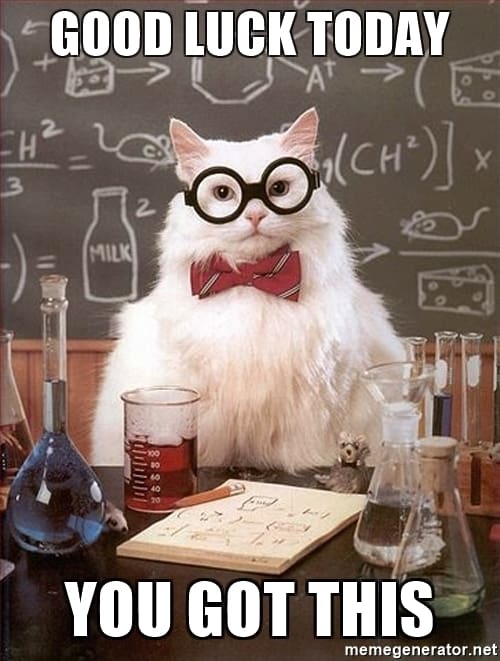The Prayer of
a Minor Prophet by A. W Tozer (minor edits done for translation into Mordern English)
This is the prayer of a man called to be a witness
to the nations. This is what he said to his Lord on the day of his ordination.
After the elders and ministers had prayed and laid their hands on him he
withdrew to meet his Saviour in the secret place and in the silence, farther in
than his well-meaning brethren could take him. And he said:
O Lord, I have heard Your voice and was afraid.
You have called me to an awesome task in a grave and perilous hour. You are
about to shake all nations and the earth and also heaven, that the things that
cannot be shaken may remain. O Lord, our Lord, Tou has stopped to honour me to
be Your servant. No man takes this honour upon himself save He that is called
of God as was Aaron. You have ordained me Your messenger to them that are
stubborn of heart and hard of hearing. They have rejected You, the Master, and
it is not to be expected that they will receive me, the servant.
My God, I shall not waste time deploring my
weakness nor my unfittedness for the work. The responsibility is not mine but Yours.
You have said, “I knew you—I ordained you—I sanctified you,” and You has also
said, “You shalt go to all that I shall send you, and whatsoever I command you
you shall speak.” Who am I to argue with You or to call into question Your
sovereign choice? The decision is not mine but Yours. So be it, Lord. Your
will, not mine, be done.
Well do I know, to God of the prophets and the apostles
that as long as I honour You, You will honour me. Help me therefore to take
this solemn vow to honour You in all my future life and labours, whether by
gain or by loss, by life or by death, and then to keep that vow unbroken while
I live.
It is time, O God, for You to work, for the enemy
has entered into Your pastures and the sheep are torn and scattered. And false
shepherds abound who deny the danger and laugh at the perils which surround Your
flock. The sheep are deceived by these hirelings and follow them with touching
loyalty while the wolf closes in to kill and destroy. I beseech You, give me
sharp eyes to detect the presence of the enemy; give me understanding to
distinguish the false friend from the true. Give me vision to see and courage
to report what I see faithfully. Make my voice so like Yours own that even the
sick sheep will recognize it and follow You.
Lord Jesus, I come to You for spiritual
preparation. Lay Your hand upon me. Anoint me with the oil of the New Testament
prophet. Forbid that I should become a religious scribe and thus lose my
prophetic calling. Save me from the curse that lies dark across the face of the
modern clergy, the curse of compromise, of imitation, of professionalism. Save
me from the error of judging a church by its size, its popularity or the amount
of its yearly offering. Help me to remember that I am a prophet; not a
promoter, not a religious manager—but a prophet. Let me never become a slave to
crowds. Heal my soul of carnal ambitions and deliver me from the itch for
publicity. Save me from the bondage to things. Let me not waste my days
puttering around the house. Lay Your terror upon me, O God, and drive me to the
place of prayer where I may wrestle with principalities and powers and the
rulers of the darkness of this world. Deliver me from overeating and late
sleeping. Teach me self-discipline that I may be a good soldier of Jesus
Christ.
I accept hard work and small rewards in this life.
I ask for no easy place. I shall try to be blind to the little ways that I
could make my life easier. If others seek the smoother path I shall try to take
the hard way without judging them too harshly. I shall expect opposition and
try to take it quietly when it comes. Or if, as sometimes it falls out to Your
servants, I shall have grateful gifts pressed upon me by Your kindly people,
stand by me then and save me from the blight that often follows. Teach me to
use whatever I receive in such manner that it will not injure my soul nor
diminish my spiritual power. And if in Your permissive providence honour should
come to me from Your church, let me not forget in that hour that I am unworthy
of the least of Your mercies, and that if men knew me as intimately as I know
myself they would withhold their honours or bestow them upon others more worthy
to receive them.
And now, O Lord of heaven and earth, I consecrate
my remaining days to You; let them be many or few, as You will. Let me stand
before the great or minister to the poor and lowly; that choice is not mine,
and I would not influence it if I could. I am Your servant to do Your will, and
that will is sweeter to me than position or riches or fame and I choose it
above all things on earth or in heaven. Though I am chosen of You and honoured
by a high and holy calling, let me never forget that I am but a man of dust and
ashes, a man with all the natural faults and passions that plague the race of
men. I pray You therefore, my Lord and Redeemer, save me from myself and from
all the injuries I may do myself while trying to be a blessing to others. Fill
me with Your power by the Holy Spirit, and I will go in Your strength and tell
of Your righteousness, even Yours only. I will spread abroad the message of
redeeming love while my normal powers endure.
Then, dear Lord, when I am old and weary and too
tired to go on, have a place ready for me above, and make me to be numbered
with Your saints in glory everlasting. Amen
________________________________________________________________________________________________________________
Lord, let it be my prayer too.






